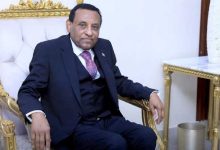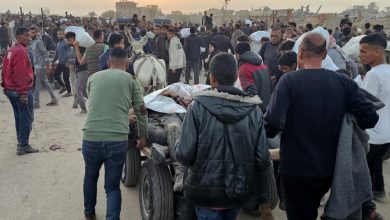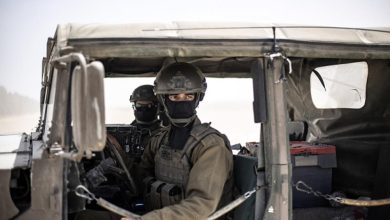UNHCR Chief Warns UN Security Council: “Violence Is Defining Our Era” Amid Global Refugee Crises
Filippo Grandi urges Security Council to act against escalating conflicts worldwide as humanitarian aid cuts threaten global stability.
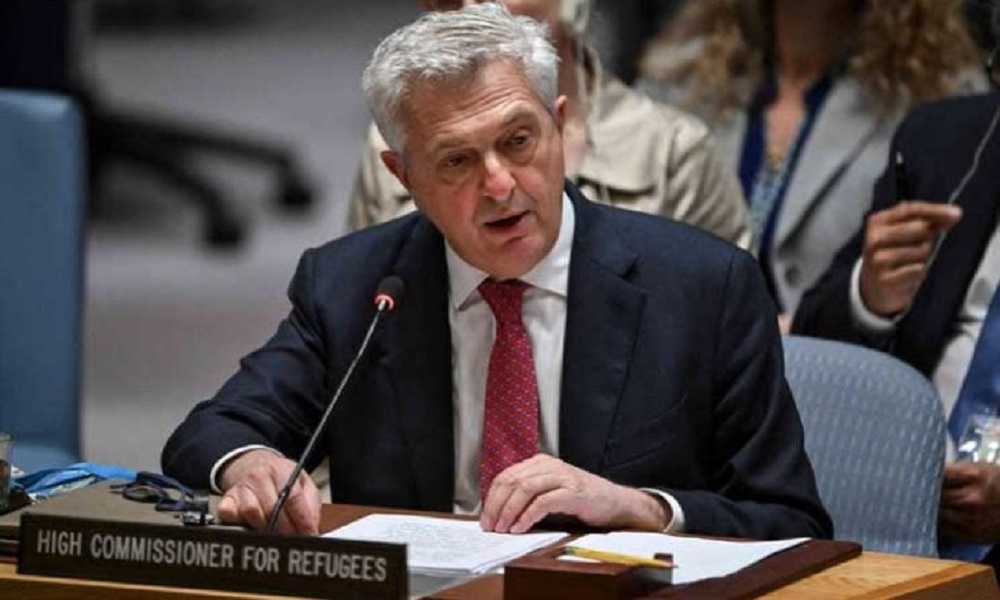
Watan-In what is likely his final address to the UN Security Council, Filippo Grandi, the UN High Commissioner for Refugees, warned on Monday that “violence has become the defining currency of our era, from Sudan to Ukraine, from the Sahel to Myanmar and beyond,” urging the fifteen Security Council members to uphold their responsibility to maintain peace.
“You are undermining your own stability,” Grandi warned, citing the reduction of humanitarian aid amid nearly 120 conflicts worldwide. “Despite the Council’s awareness of these crises, its inaction is a chronic indictment of its failure to fulfill its mandate,” he added.
In an open session on refugees, Grandi painted a grim picture of today’s wars, driven by a “perverse, though powerful, illusion: that peace is for the weak,” with victory sought not through negotiation, but through inflicting unbearable suffering. As a result, “the rules of international humanitarian law are neglected, and countless lives are sacrificed in the name of dominance.”
Quoting the late Pope Francis, Grandi recalled: “Every war represents not only a defeat of politics but also a shameful surrender.”
He highlighted the plight of 123 million forcibly displaced people worldwide, emphasizing their hope for safety and eventual return. Grandi pointed particularly to Sudan, where “one in three people” has been displaced, and praised refugee-hosting countries for their efforts. He urged: “You must be more committed and unified in playing your part.”
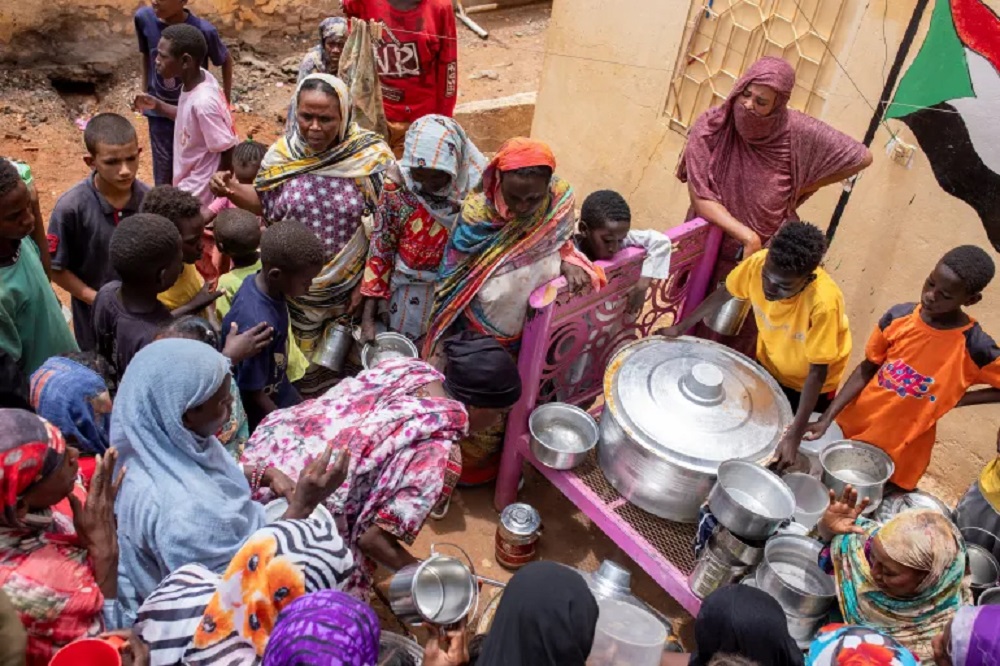
in Sudan
Situation in Gaza, Ukraine, Myanmar, and Syria
Grandi briefly addressed the situation of Palestinian refugees, noting that while UNHCR is not directly involved in Gaza, the condition of civilians there is reaching unprecedented levels of despair. He reminded the Council that the United Nations Relief and Works Agency for Palestine Refugees (UNRWA) remains the backbone of humanitarian operations in Gaza.
Regarding Ukraine, Grandi stressed the need for a “just peace” to enable the safe return of over 10 million displaced Ukrainians, warning that “solutions are hard work” requiring commitment and compromise.
In Myanmar, he urged an end to eight years of “dangerous stagnation” in addressing the Rohingya crisis, calling for dialogue with all parties as a critical first step toward safe, voluntary, and dignified refugee return. He acknowledged that the chance for success is slim, but insisted that continued paralysis is unacceptable.
Referencing the symbolic moment of the new Syrian flag being raised at the UN on April 25, Grandi said: “For the first time in decades, there is a glimmer of hope, including for millions of Syrians who remain displaced today—4.5 million of them refugees in neighboring countries.” However, achieving durable solutions requires prioritizing the Syrian people over “outdated political agendas.”
Grandi warned against global trends toward cutting humanitarian aid and weakening multilateralism during a critical time of displacement crises. “Aid is stability,” he declared, noting that freezing or slashing humanitarian budgets strips support from vulnerable host countries and forces displaced populations into further instability.
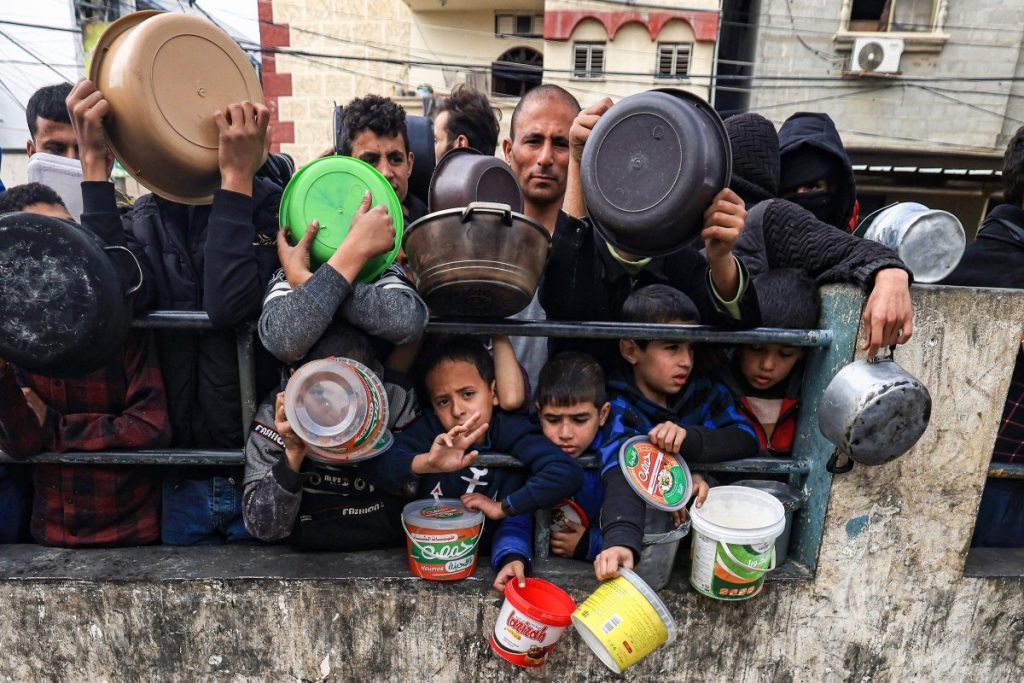
Member States’ Responses
Algerian Ambassador Amar Benjama stressed that declining international funding had left millions vulnerable, especially Palestinian refugees in Gaza and the West Bank. He noted Algeria’s longstanding commitment to supporting Sahrawi refugees displaced by Morocco’s occupation.
Pakistani Ambassador Asim Iftikhar Ahmad emphasized that developing countries bear the brunt of the refugee crisis while wealthier nations increasingly close their doors. He highlighted the urgent need to uphold the right of Palestinian refugees to return, as affirmed by UN General Assembly Resolution 194.
China’s representative stated that solving the refugee crisis requires strengthening international cooperation, criticizing a “certain country” for slashing foreign aid, which has forced humanitarian organizations to cut back operations, endangering millions.
The U.S. representative stressed that collective action is essential, arguing that the United States has disproportionately shouldered the humanitarian burden for decades.
Denmark’s delegate, noting her country is UNHCR’s fourth-largest donor, emphasized the need for united support during a time of organizational restructuring.
Russia’s representative accused Western countries of causing most global conflicts while being reluctant to fund refugee aid programs for Syrians, Afghans, Sudanese, and others displaced by wars.

